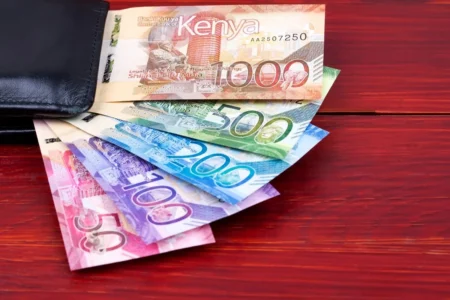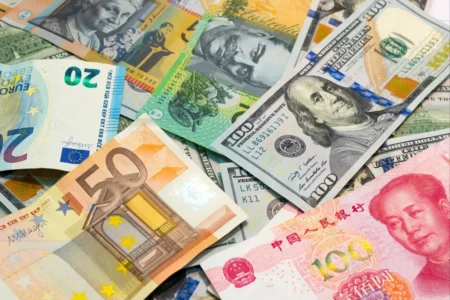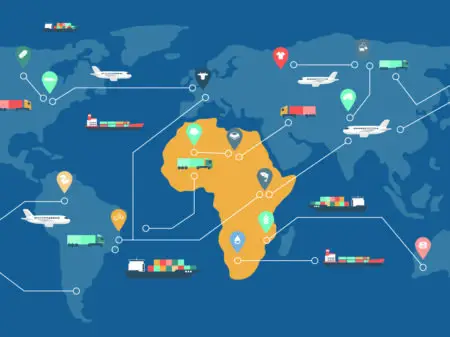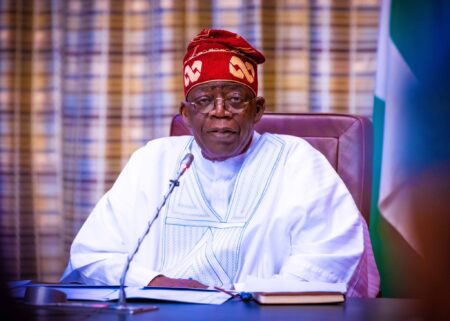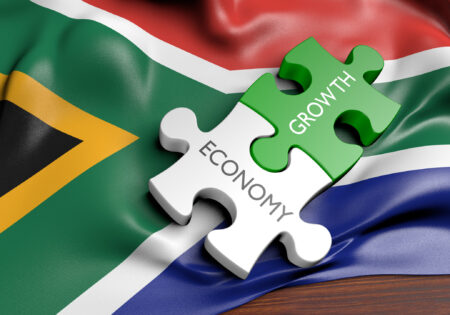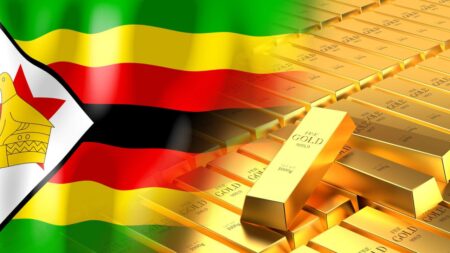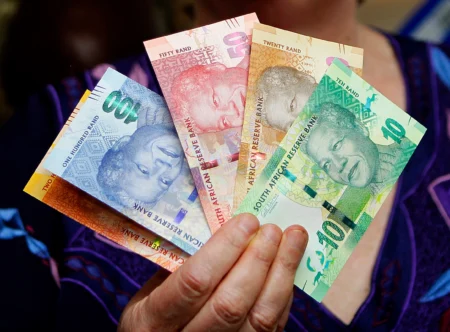- Africa’s new dawn: the rising role of digital and AI in agriculture
- Can Dangote Refinery Transform Africa Energy Ambition
- Gallup Survey: 80 per cent of Kenyan Workers Are Disengaged and Seek New Opportunities
- Madagascar Man Freed from 5KG Tumor After 15-Year Struggle
- How women in Africa are perceived and treated
- Sugar consumption in Kenya to Increase to 1.23 Million Tonnes
- Can Somalia and Turkey Oil deal Bring Change in Somaliland
- Remittances to Kenya dropped to $371.6 million in June, marking a six month low
Browsing: currency depreciation
- Kenyan Shilling to Reach Sh138 this month as effects of global rates and heavy rains come alive
- Additionally, the minor decline in the foreign exchange reserves between April and May signals interventions in the forex market by the CBK.
- The CBK is expected to leave rates unchanged at 13 per cent at its June meeting to support these dollar inflows and provide positive yields to investors.
Financial experts are now predicting that the Kenyan shilling will depreciate to Sh138 against the US dollar by the end of June 2024.
The analysist from pan African market insights firm Stears, say that the Kenyan shilling witnessed large swings in May, after appreciating 2.09 per cent between May 2 and 16. This saw the local currency resume a consistent depreciation to close the month at Sh133.37 against the dollar.
Stears notes that although the currency remained relatively unchanged compared to April, on average, …
- Kenyans in the diaspora sent home $4.19 billion in 2023 as remittance inflows to the East African country hit an all-time high.
- The high numbers signal that Kenyans living and working in the diaspora defied the inflationary pressures they still experienced to send more money back home.
- Since the height of the COVID-19 pandemic, many Kenyans in the diaspora have had to cut spending to navigate inflationary pressures and afford to send money back home.
Kenyans in the diaspora sent home $4.19 billion in 2023 as remittance inflows to the East African country hit an all-time high, boosting foreign exchange reserves and support for families in the wake of tough economic times.
According to the Central Bank of Kenya (CBK), the figures are up by four per cent compared to the $4.02 billion sent in 2022.
“The inflows were strong in December 2023 at $372.6 million compared to $355.0 million …
- Africa’s economic growth in 2024 is expected to be upward with the real GDP projected to grow by 3.2 per cent, up from 2.6 per cent in 2023.
- East Africa, encompassing Ethiopia, Kenya, Uganda, Rwanda, Tanzania, and the DRC, will again power the continent’s growth prospects.
- Despite the projected continental growth, the intelligence unit faces substantial risks, including security threats, political instability, and debt repayment burdens.
Africa’s economic growth 2024
According to the international research unit, Economic Intelligence, Africa is expected to grow at the second-fastest rate among major regions globally in 2024. The unit ranks behind Asia, which China and India will propel.
Except for Sudan and Equatorial Guinea, whose economies appear destined to decline this year, most African governments are predicted to report good growth stories.
The real African GDP is expected to rise by 3.2 per cent in 2024, up from 2.6 per cent in 2023, …
- In a significant move by Moody’s Investors Service, Nigeria’s credit rating has been upgraded from stable to positive.
- The devaluation of the Naira and the reduction of the oil subsidy are seen as bold steps towards fiscal responsibility.
- The recent devaluation of the Naira, a significant move by President Bola Tinubu’s administration, carries profound implications for Nigeria’s credit rating.
In a significant move by Moody’s Investors Service, Nigeria’s credit rating has been upgraded from stable to positive. This shift, while not altering the country’s credit rating, marks a potential turning point for the nation’s fiscal and economic health. The December 9th upgrade reflects the Nigerian government’s concerted efforts to stabilize its economy, spearheaded by President Bola Tinubu, amid a complex tapestry of challenges and reforms.
Credit ratings, as determined by agencies like Moody’s, are pivotal in the global economic landscape. They are a barometer for a nation’s creditworthiness, impacting …
South Africa is set to topple Nigeria and Egypt as Africa’s biggest economy in 2024. This is according to forecasts from the International Monetary Fund. According to IMF’s World Economic Outlook, South Africa’s gross domestic product will reach $401 billion per current price in 2024. On the other hand, Nigeria’s GDP will reach $395 billion, with Egypt’s GDP reaching $358 billion.
South Africa, the continent’s most industrialised nation, is expected to maintain the top spot as Africa’s biggest economy for only one year. In 2025, the country will again lag behind Nigeria and fall to third place behind Egypt a year later. This is according to the IMF’s World Economic Outlook, a report released last week.…
In May 2023, Zimbabwe released a gold-backed digital currency for peer-to-peer and business transactions. It acted as a store of value as the Zimbabwean dollar continued its steep depreciation. International gold prices controlled by the London Bullion Market Association will dictate the local pricing of Zimbabwe’s digital currency tokens.…
However, integrating cryptocurrencies with conventional financial systems becomes increasingly essential as they become more commonplace. This presents several obstacles to overcome before cryptocurrencies can realise their full potential. For instance, traditional institutions may be hesitant to work with cryptocurrencies due to concerns about money laundering and other illicit activities. Moreover, the technical difficulty of integrating cryptocurrencies with existing banking systems can prove intimidating.…
According to SWIFT, African regions with strong integration saw increased use of local currencies and decreased use of hard currencies such as the US dollar. For instance, the use of the West African franc by the eight countries in the West African Economic and Monetary Union has overtaken the South African rand and the British West African pound.
This implies that boosting the use of regional currencies will shield the African trade market from adverse global conditions associated with the performance of US dollars. However, further regional coordination remains necessary to build a continental payment system that encourages the use of local correspondent banks and local currencies. These moves can help in managing currency depreciation to boost African trade finance. …
The global financial landscape has undergone a remarkable transformation in recent times. Remarkably, the issue of the de-dollarization of international trade is slowly but steadily gathering momentum. A rising trend toward de-dollarization is challenging the longstanding supremacy of the United States in the international financial system. As the dominant global reserve currency, the US dollar remains pivotal in international trade, investment, and financial transactions.…
Currently, Africa is over-exposed to the impact of the US Dollar. Thus, African nations must either act individually or together to mitigate these effects. Dollar strength bursts are cyclical. Therefore, there should be enough time to implement efforts before the next one occurs. African governments have recognized the harm done in the previous year and should work round the clock to find a lasting solution.…





